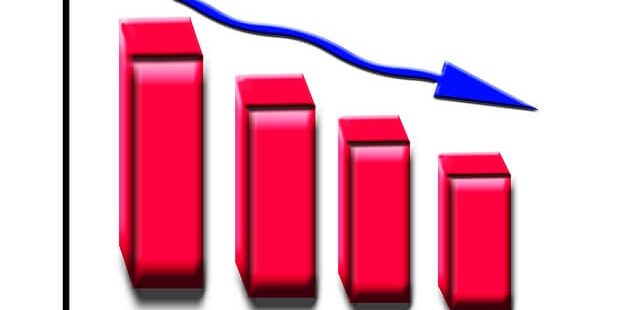
He told Andrew that corporate America thinks too much about the short term, a trend he admitted he helped drive. Ubben thinks traditional corporate finance is played out.

One of America's top activist investors said that he's leaving the $16 billion hedge fund, ValueAct, that he has turned into a major force in corporate boardrooms. Jeff Ubben's plan to end finance as usual

He always struck me as a very smart, good guy, so I read this article in the Financial Times with interest: Jeff Ubben quits ValueAct for social investing. Once the undisputed king of Wall Street, Exxon today is worth less than Home Depot Inc., which has less than half the revenue.Ģ) I met Jeff Ubben a few times when he spoke at my Value Investing Congresses years ago. Meanwhile, the company's debt has risen from effectively zero to $50 billion, and its profit last year was a bit more than half what it was a decade ago. Exxon produces about 4 million barrels a day – essentially the same as 10 years ago, despite repeated vows to push the number higher. The oil business is all about how much you produce, how low you get your costs, and how well you capture resources for the future. The wider S&P 500 Index has returned nearly 200%. The company's major rivals all posted positive returns in that period, except for BP Plc, which had the Deepwater Horizon spill in the Gulf of Mexico in 2010. Over a 10-year period, Exxon's stock has declined 10.8% on a total return basis, which includes dividends. Exxon ended up spending so much on projects that it has to borrow to cover dividend payments. Political tensions doomed a megadeal in Russia. An adventure in the oil sands of Canada swallowed billions of dollars with little to show for it. Exxon missed the wild and lucrative early days of shale oil. The coronavirus has laid bare a decade's worth of miscalculations. And the pandemic isn't primarily to blame the culprit is just as much the company itself.

Perhaps no company has been humbled as profoundly by recent events as Exxon, the West's largest oil producer by market value and an industry paragon that sets the bar not just for itself but for its competitors. I concluded:ĮxxonMobil looks like a classic value trap – a melting ice cube that doesn't come within a country mile of covering its dividend, which it will likely eventually be forced to cut (though not for a few years I suspect).įor more on this, I recommend this in-depth Bloomberg story, The Humbling of Exxon. Worst of all, ExxonMobil tries to obfuscate this reality with highly misleading disclosures to investors.
Valueact drawdown fund free#
The result is insufficient free cash flow to cover the hefty dividend payments, which are instead funded with rapidly rising debt and asset sales. and this is combined with rising capital expenditures. The company is suffering from declining revenue, net income, and operating cash flow. 1) In my February 3 e-mail, I analyzed the financials of energy giant ExxonMobil (XOM) and what I found wasn't pretty.


 0 kommentar(er)
0 kommentar(er)
